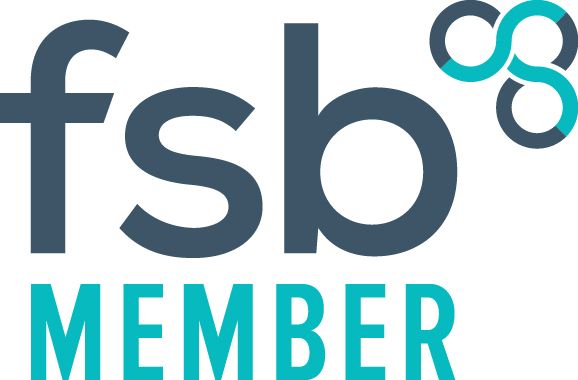The Power of Trust
I am a super fan of Patrick Lencioni; he is a powerhouse in regards to organisational health and probably best known for his book "The Five Dysfunctions of a Team" The first "dysfunction" he describes is lack of trust and it underpins the other four: fear of conflict, lack of commitment, avoidance of accountability and inattention to results.
If you can't build trust, the others are unlikely to change.
To be fair, anyone who works within leadership development will have building trust pretty high up on their list for developing leadership skills.
There is no one size fits all for building trust, however, because, according to Erik Eriksson, we decide fairly early on in our lives, based on our experiences, whether we can trust people or not. And we mainly fall into two camps:
- Trust people until they prove otherwise
- Mistrust until people prove they can be trusted
As leaders we are used to having to adapt our style and behaviour to each individual, peer and team but there are some elements you can focus on to build trust within any of these relationships:
- Reliability
- Credibility
- Intimacy
Reliability is about doing what you said you were going to do, when you said you were going to do it. If you promise a team member to investigate what projects are running that could support their development if they get involved, by their next 121, then you have to deliver on that promise. Once you might be forgiven and sometimes even twice, but not keeping your promises more than three times and the trust people have for you will start to disappear.
Being credible is the ability to convince others you know what you are talking about; you might be a specialist in a particular subject or have experience of a previous situation. And sometimes, you may have to say "I don't know, but I'll find out" - building credibility and reliability all in one little sentence!
Building your relationship with someone to the level you are BOTH comfortable with is the third element of intimacy. For some, this might mean you knowing they have a daughter and they own a cat; for others you'll know full family history, all birthdays and anniversaries and hear all about the argument they may have had this morning.
Three fairly simple ways to develop trust with those around you. Put them altogether and they are powerful behaviours to have.
But, there's a caveat. You need to mean it and have the intention of building trust. If you don't, the other person will know; in their gut or in their heart, something isn't right and all your effort will be wasted.









